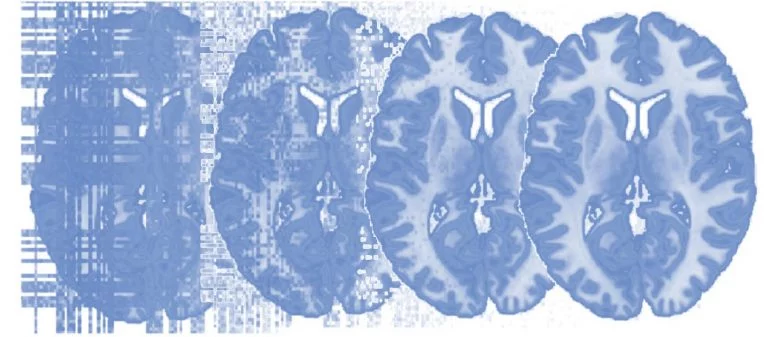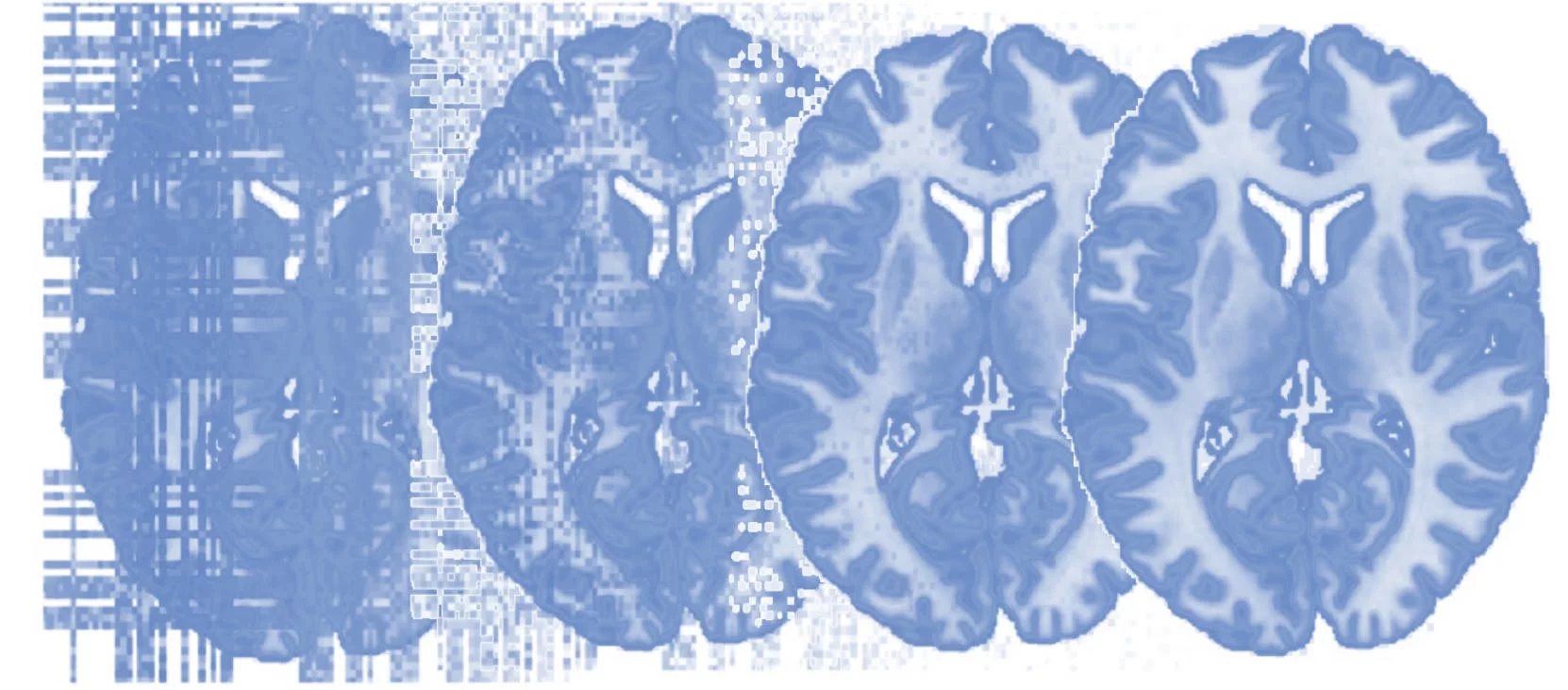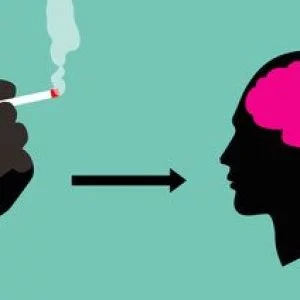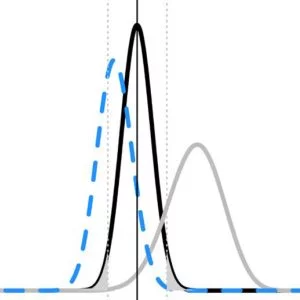
This course covers the analysis of Functional Magnetic Resonance Imaging (fMRI) data. It is a continuation of the course “Principles of fMRI, Part 1” The mission of The Johns Hopkins University is to educate its students and cultivate their capacity for life–long learning, to foster independent and original research, and to bring the benefits of discovery to the world. CU–Boulder is a dynamic community of scholars and learners on one of the most spectacular college campuses in the country. As one of 34 U.S. public institutions in the prestigious Association of American Universities (AAU), we have a proud tradition of academic excellence, with five Nobel laureates and more than 50 members of prestigious academic academies.
Instructor Details
Courses : 2
Specification: Principles of fMRI 2
|
20 reviews for Principles of fMRI 2
Add a review Cancel reply
This site uses Akismet to reduce spam. Learn how your comment data is processed.

| Price | Free |
|---|---|
| Provider | |
| Duration | 13 hours |
| Year | 2016 |
| Language | English |
| Certificate | Yes |
| Quizzes | Yes |

FREE






Hironaka I –
Superb! Easy to comprehend, good lecture. I would recommend our students to take these lectures. I would wish part3 focused on network analysis. Thank you for providing us the clue to fMRI analysis. Hironaka Igarashi
Pablo A –
Thanks a lot, both curses were very interesting and will help a lot in future research!
chekuri o s s v –
The course was ery good, I wish it also included working with sample fmri data.
Richard K –
Pretty good lectures that touch on many aspects of fmri but doesn’t really get into enough details to really learn about the difficulties with this methodology. Would be nice if they had some real data processing exercises to demonstrate someof the concepts.
Yacila I D A –
Excellent!
Jan S –
Still very good course with a lot to offer especially parts covering new methods. The only downside for me were the mathematical parts by Martin which got complex, messy and seemed to be explained not as clear as in previous course. Some ecological, more experiment related examples could be useful to help understand mathematical operations and formulas.
Brandy R –
Disappointed that it’s all theory and no application. I know there are a ton of differeint fMRI processing pipelines, but even just to walk through one would be much more useful.
Francesco C –
Very interesting. I liked very much the last bit on MVPA.
Yanlei W –
Very useful and interesting
Siyuan G –
pretty great
Cibele E B –
You guys are amazing!! Excellent course!!
Jordan M –
Lot of information. Almost no useful instruction. I saw that the instructors knew about lots of cool things. I did not learn how to do any of those cool things.
Feras A A H A S –
Comprehensive, Informative & exciting course… highly recommended for Psychiatrists, or any mental health professionals interested in neuropsychiatry and neuroscience !
Theodor R –
Thank you again guys for your work!
Al–Rashid J –
Similar to the first installment of the series. I found this course enlightening and easily digestible, especially considering the advance material it discusses. Overall enjoyable experience.
Peter M –
Excellent courses, very useful. Worth enrolling and purchasing.
Jinyi K –
Great course and demonstration with real research examples.
Janzaib M –
Very good course. Best week is the last week. Its does a good overview of fMRI Statistical analysis and design of experiments.
Ian F –
Excellent, thorough explanation of the computations and theory underlying fMRI analysis. I particularly enjoyed the emphasis on MVPA. Thanks!
seyed s m z –
Sometimes hard to follow.